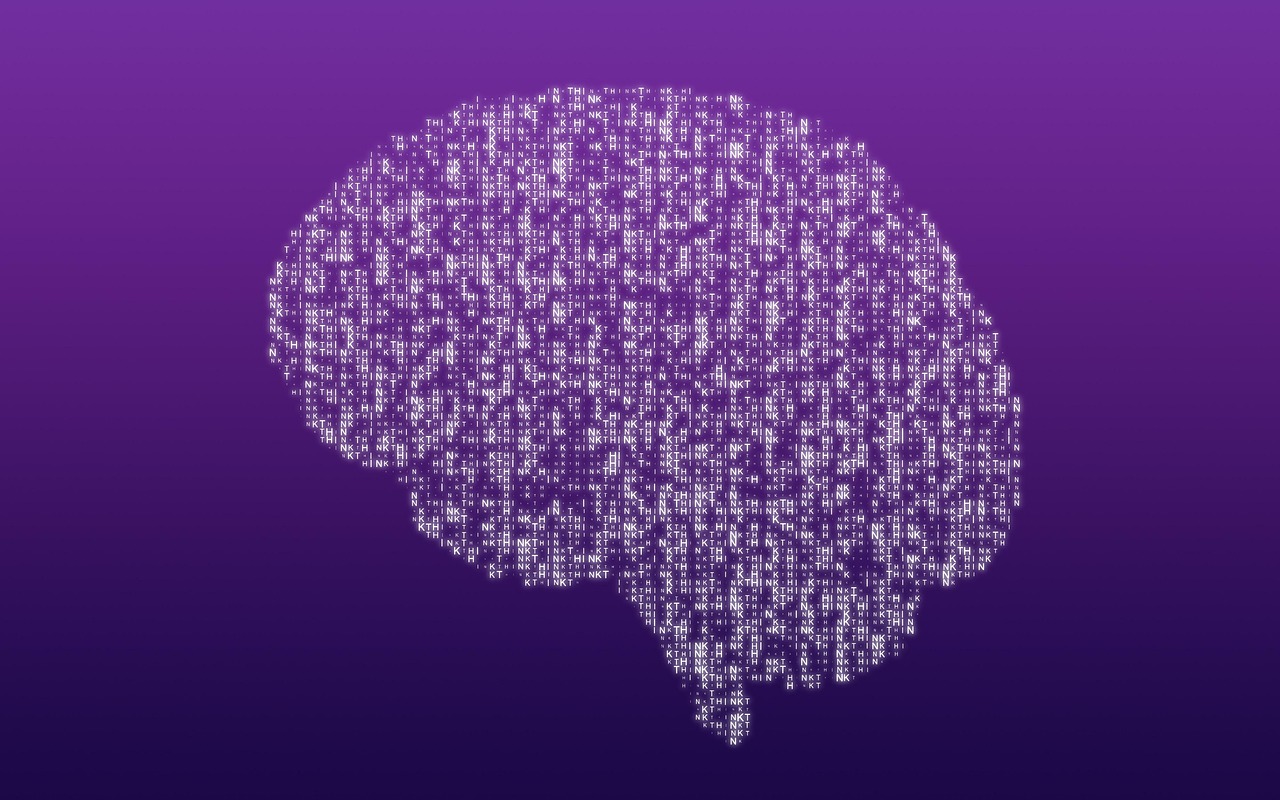Media release
From: Society for NeuroscienceFriendship promotes neural and behavioral similarity
Close relationships match neural activity between friends to promote similar cognitive behavior. This activity can even predict the purchasing intentions of both friends.
How does friendship affect the human brain and influence behavior? In a new study, Jia Jin and colleagues, from Shanghai International Studies University, present their work examining how close relationships influence consumer behavior and neural activity. Through a combination of long-term behavioral experiments with 175 participants and neuroimaging data from 47 participants, the researchers shed light on how friendships promote neural and behavioral similarity.
Participants evaluated products more similarly to their friends than strangers. As friends grew closer over time, this similarity became even stronger. Neuroimaging revealed that as friends viewed advertisements together, they had synchronized neural activity linked to object perception, attention, memory, social judgement, and reward processing. Lastly, Jin et al. discovered brain activity of study participants that could predict not only their own purchasing intentions, but also the intentions of their friends.
According to the authors, this work advances understanding of how strongly dynamic social relationships can influence behavior. The authors’ findings suggest that close relationships can predictably shape the way people act, at least when it comes to consumer-related behaviors.


